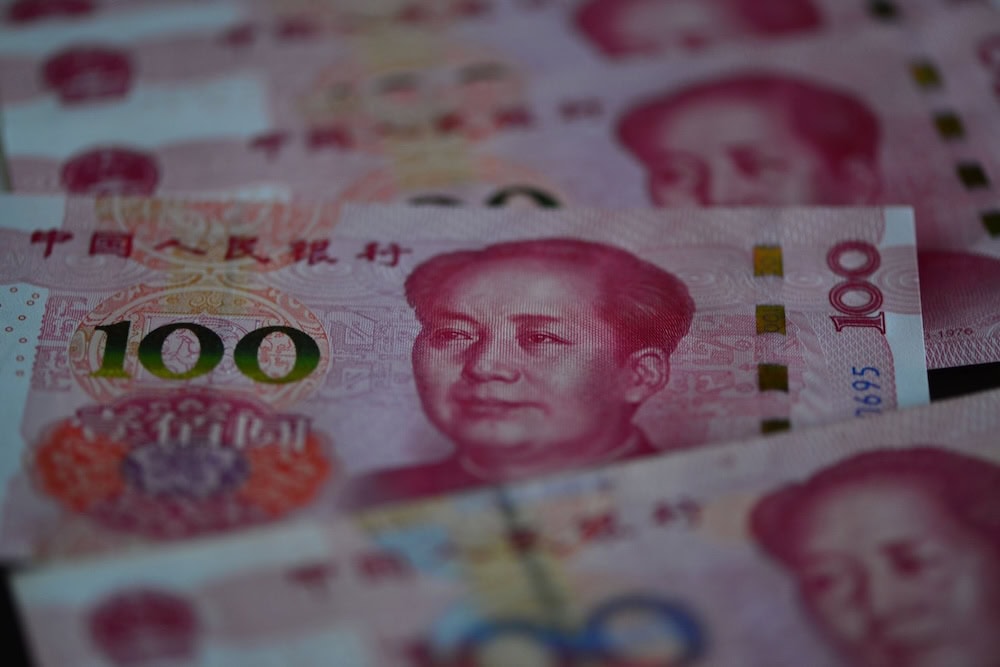- cross-posted to:
- news@beehaw.org
- china@sopuli.xyz
- cross-posted to:
- news@beehaw.org
- china@sopuli.xyz
cross-posted from: https://feddit.org/post/3765597
[…]
While censorship on economic issues is hardly new, the level of repression has taken a darker turn of late, sending chills through anyone in the country who analyzes the economy as part of their profession.
The most extreme example is the reported disappearance of Zhu Hengpeng, one of China’s most prominent and well-connected economists. Zhu is a director at the Chinese Academy of Social Sciences (CASS), a leading think tank that reports directly to the cabinet.
[…]
He is believed to have been forcibly disappeared in April after he made disparaging remarks about the economy in a private chat group on the Chinese social media platform WeChat. The specifics of what Zhu said are unclear, but some reports indicate that he had “improperly discussed central policies” and made a reference to the “mortality” of Chinese Communist Party (CCP) leader Xi Jinping.
[…]
While economic information is perceived as being less politically sensitive than discussions about democracy or human rights in China, […] research shows that over the past decade, the CCP has repeatedly ratcheted up restrictions whenever the economy appears to be in trouble. This year, the crackdown has increasingly focused on content that addresses income inequality, youth employment, and poverty – in other words, deep-rooted problems that affect large swaths of the population and could undermine a key pillar of the CCP’s political legitimacy.
[…]
Chinese citizens are also prohibited from expressing their feelings about the economy. In February, WeChat removed a popular article that reported on survey findings from the Guangzhou-based Canton Public Opinion Research Center, which revealed a prevailing sense of pessimism about the country’s economic well-being. Around the same time, the CCP’s flagship mouthpiece People’s Daily published an article titled “The Whole Country Is Filled with Optimism,” attempting to project positivity online. Netizens immediately flooded the social media platform Weibo with posts ridiculing the article. Within hours, the hashtag being used to discuss the piece was removed from public view.
[…] information on the economy is a daily concern for almost everyone in China. Tight censorship on this topic can breed mass distrust in approved sources and compel more netizens to circumvent the CCP’s draconian internet censorship, despite the possibility of punishment, in search of more objective news and analysis on China’s economic situation. In other words, censorship on the economy could ultimately backfire on censorship in general, exposing the regime to an even greater crisis of legitimacy.
Yeah, checks out. I’m just a UK guy, but when the Tories were all having a media circus about “Oh inflation is done now, we’ve stopped inflation, the cost of living crisis is done!”, I mean… no amount of lying to my face is going to stop me going to the shops and wanting to scream when I see the price of Everything has jumped up by 20% again.
I can’t imagine that’s any different at all in China. You just can’t really hide something as objective as the cost of a bar of chocolate.
Don’t be ridiculous, we should celebrate Big Brother lowering the cost of a chocolate bar to $3.00! Never mind that it was $2.75 last month.
Seriously, though, this kind of attitude is exactly what led to the downfall of the Soviet Union and incidents like Chernobyl.
Same thing at a smaller scale happens all over the place as executive and management teams packed with yes men and brown nosers feed a steady stream of bullshit up the ladder and minimize anything negative, particularly if it’s a direct result of the upper level managements decisions. So many absolutely horrendous decisions could be headed off if someone had the balls to tell the CEO he’s a fucking idiot and no way what he just proposed is going to work.
Reminds me of the Chernobyl miniseries
We are on dangerous ground right now, because of our secrets and our lies. They’re practically what defines us. When the truth offends, we lie and lie until we can no longer remember it is even there. But it is still there. Every lie we tell incurs a debt to the truth. Sooner or later that debt is paid.
Only 3.6% inflation. Not great, not terrible.
Mmmmm, yes. Good ol’ toxic positivity.
deleted by creator
Obligatory recommendation of the “Hypernormalisation” documentary by Adam Curtis.
https://www.youtube.com/watch?v=Gr7T07WfIhM
The term was coined by a Russian novelist during the last years of the Sowjet Union, when the disparity between the lies of normality and the reality of people became so strong, that the fake normality became “Hypernormal”. Curtis explores the applicability of this term in regards to global politics, that increasingly went from shaping reality, to managing it.
reality has a way of reasserting itself.
Would likely be worse for them except the rest of the world is doing more and more of it to.
Internet Archive - News Source Context (Click to view Full Report)
Information for Internet Archive:
MBFC: Left-Center - Credibility: High - Factual Reporting: Mostly Factual - United States of America
Wikipedia about this sourceSearch topics on Ground.News





